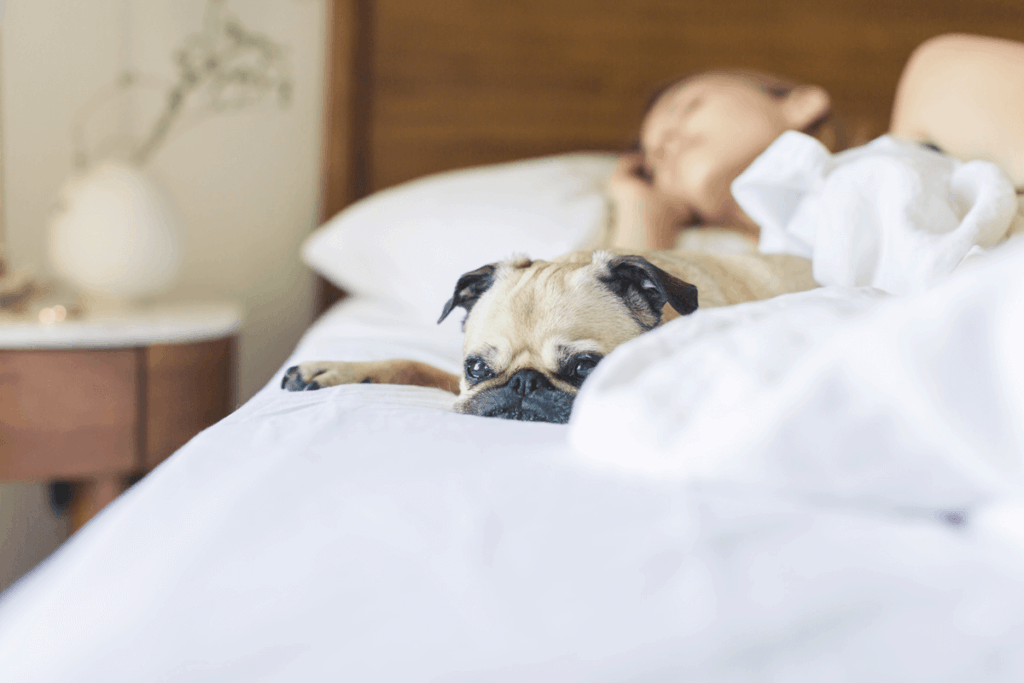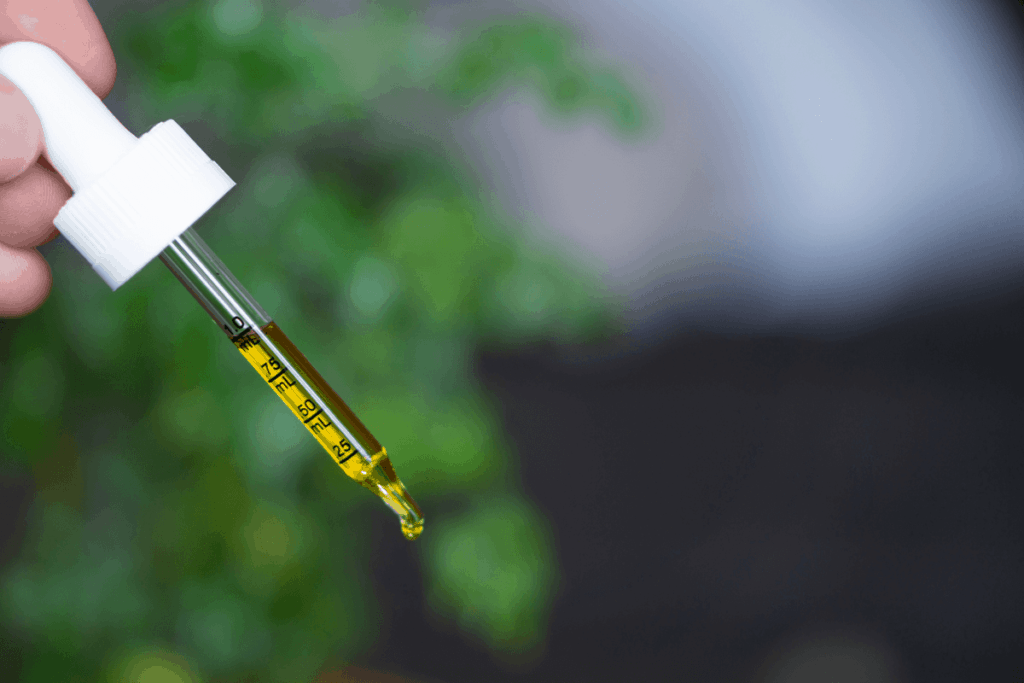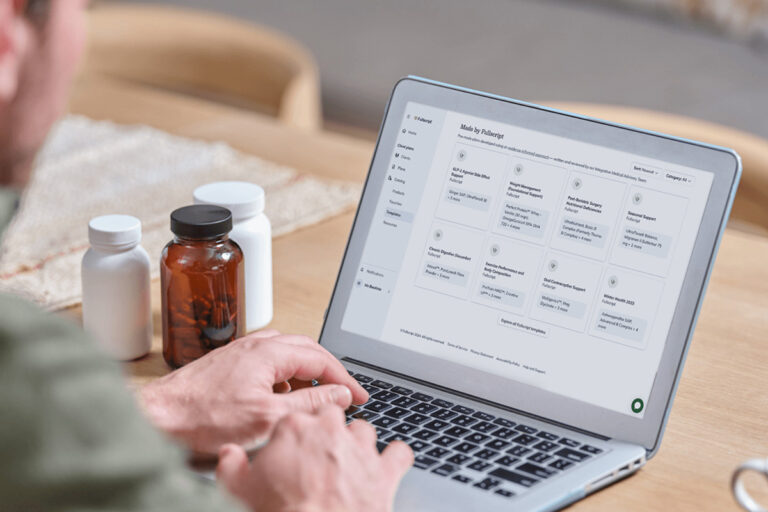
Best herbs for sleep
Over the years, people have sought relief from sleep problems by using certain medicinal herbs, such as valerian, magnolia, passionflower, hemp, and ashwagandha.Valerian (Valerian officinalis)
Valerian, a member of the Valerianaceae family, is often recommended for individuals experiencing restlessness and insomnia. (3)(4) Valerian has sedative, hypnotic, nervine (nerve calming), hypotensive (blood pressure lowering), and carminative (flatulence relieving) effects. It helps improve the quality of sleep and reduce the time it takes to fall asleep, (9) without affecting dream recall. (4) Valerian supplements can be taken in tincture, liquid phyto-cap, or dried root capsule form.Magnolia (Magnolia officinalis)
A member of the Magnoliaceae family, magnolia possesses cortisol lowering effects, reducing sleep disturbances, lessening anxiety, and providing relief from menopausal sleep disruptions, (7) including night sweats and hot flashes. (5) Similar to valerian, magnolia can be found in many supplemental forms, including liquid phyto-caps, tinctures, dried powdered bark, or capsules.Passionflower (Passionflower incarnata)
Passionflower is a member of the Passiflora family and is beneficial in reducing stress, anxiety, nervousness, restlessness, and spasms caused by anxiety, asthma, or hypertension. This medicinal herb may also be effective for individuals looking to improve overall sleep quality. (8) Passionflower may increase total sleep time, improve sleep latency, and decrease the number of awakenings per night. It can be especially helpful in cases where insomnia and spasms are prominent, including excessive muscular tension. (6) Passionflower can be found in tincture, liquid phyto-cap, dried flowering vines, infusion, or extract forms.Hemp (Cannabis sativa)
Hemp, a member of the Cannabacae family, may improve sleep, offer neuroprotection, decrease anxiety and depression, reduce nausea and vomiting, and relieve pain. Hemp contains CBD (cannabidiol) and other phytocannabinoids, terpenes, and flavonoids. (10) Hemp can be taken in a number of different forms, including liquid phyto-caps, tinctures, and capsules.
Ashwagandha (Withania somnifera)
A member of the Solanaceae family, ashwagandha is an adaptogen, a group of medicinal herbs that help the body adapt to stressors. It is especially beneficial for individuals who feel wiped out, exhausted, or debilitated. While it can take up to two to four weeks for people to feel the benefits, this herb helps people enjoy better sleep by improving recovery from the effects of both acute and chronic stress. (1) Ashwagandha can be taken in tincture, tea, or liquid phyto-cap form.The bottom line
These medicinal herbs may offer a natural solution to troublesome sleep issues, without the problematic side effects commonly experienced with conventional prescription sleep medications. As discussed, the benefits of these herbs include relief from insomnia, poor sleep quality, exhaustion, menopausal sleep disruptions, spasms, pain, and discomfort. It’s important to consider quality when selecting herbs. Choose products that were manufactured according to rigorous quality assurance practices and testing methods, ensuring safety and product potency. Speak to your integrative healthcare provider for guidance choosing the best quality medicinal herbs for sleep.- Biswajit, A., Jayaram, H., Achintya, M., & Bruce, A. (2008). A standardized Withania somnifera extract significantly reduces stress-related parameters in chronically stressed humans: A double-blind, randomized, placebo-controlled study. JANA, 11(1).
- Fitzgerald, T., & Vietri, J. (2015). Residual effects of sleep medications are commonly reported and associated with impaired patient-reported outcomes among insomnia patients in the United States. Sleep Disorders, 2015, 607148.
- Leathwood, P. D., & Chauffard, F. (1982). Quantifying the effects of mild sedatives. Journal of Psychiatric Research, 17(2), 115–122.
- Leathwood, P. D., Chauffard, F., Heck, E., & Munoz-Box, R. (1982). Aqueous extract of valerian root (Valeriana officinalis L.) improves sleep quality in man. Pharmacology, Biochemistry, and Behavior, 17(1), 65–71.
- Lee, Y. J., Lee, Y. M., Lee, C. K., Jung, J. K., Han, S. B., & Hong, J. T. (2011). Therapeutic applications of compounds in the Magnolia family. Pharmacology & Therapeutics, 130(2), 157–176.
- Maroo, N., Hazra, A., & Das, T. (2013). Efficacy and safety of a polyherbal sedative-hypnotic formulation NSF-3 in primary insomnia in comparison to zolpidem: a randomized controlled trial. Indian Journal of Pharmacology, 45(1), 34–39.
- Mucci, M., Carraro, C., Mancino, P., Monti, M., Papadia, L. S., Volpini, G., & Benvenuti, C. (2006). Soy isoflavones, lactobacilli, Magnolia bark extract, vitamin D3 and calcium. Controlled clinical study in menopause. Minerva Ginecologica, 58(4), 323–334.
- Ngan, A., & Conduit, R. (2011). A double-blind, placebo-controlled investigation of the effects of Passiflora incarnata (passionflower) herbal tea on subjective sleep quality. Phytotherapy Research: PTR, 25(8), 1153–1159.
- Salter, S., & Brownie, S. (2010). Treating primary insomnia – the efficacy of valerian and hops. Australian Family Physician, 39(6), 433–437.
- Zou, S., & Kumar, U. (2018). Cannabinoid receptors and the endocannabinoid system: Signaling and function in the central nervous system. International Journal of Molecular Sciences, 19(3), 833.




